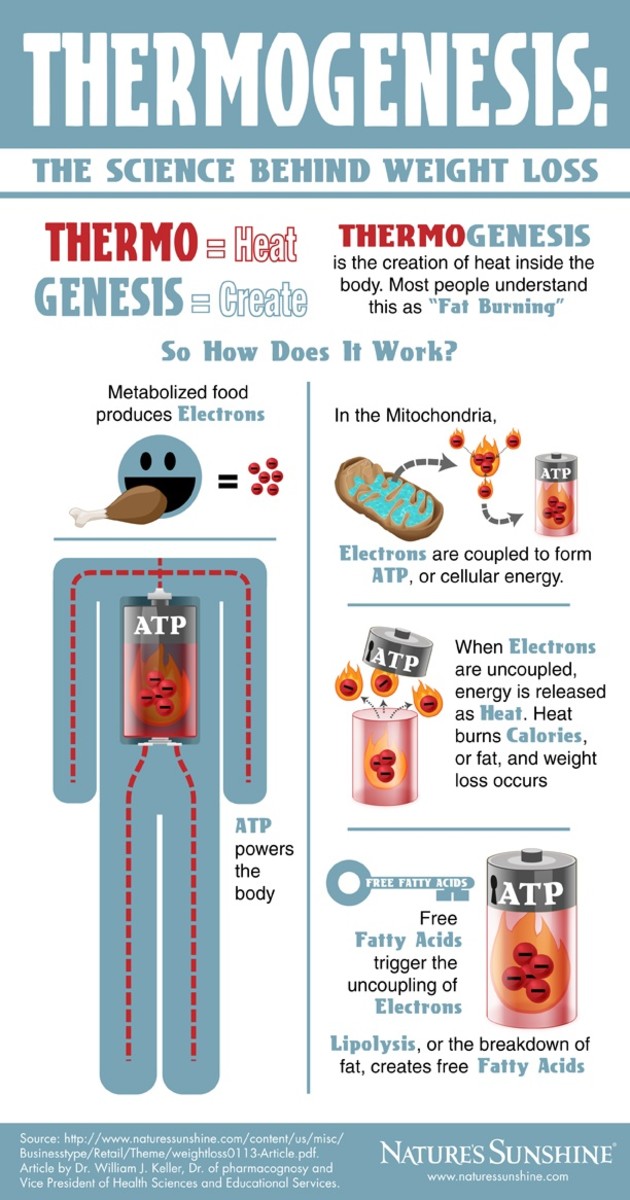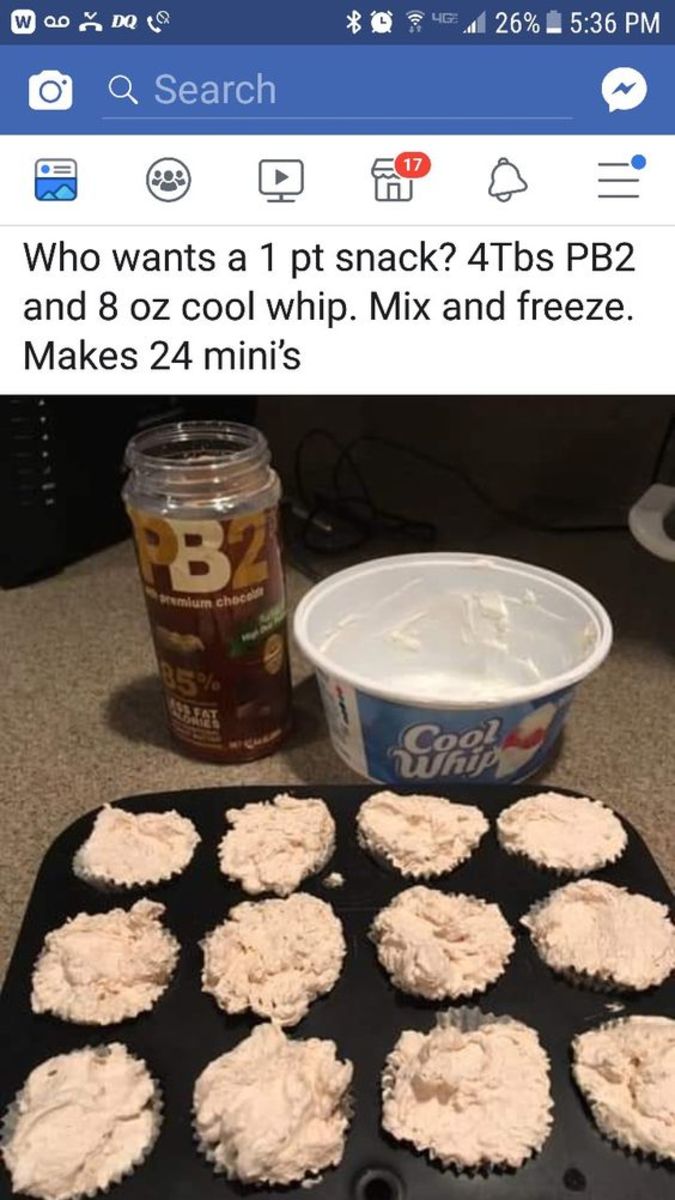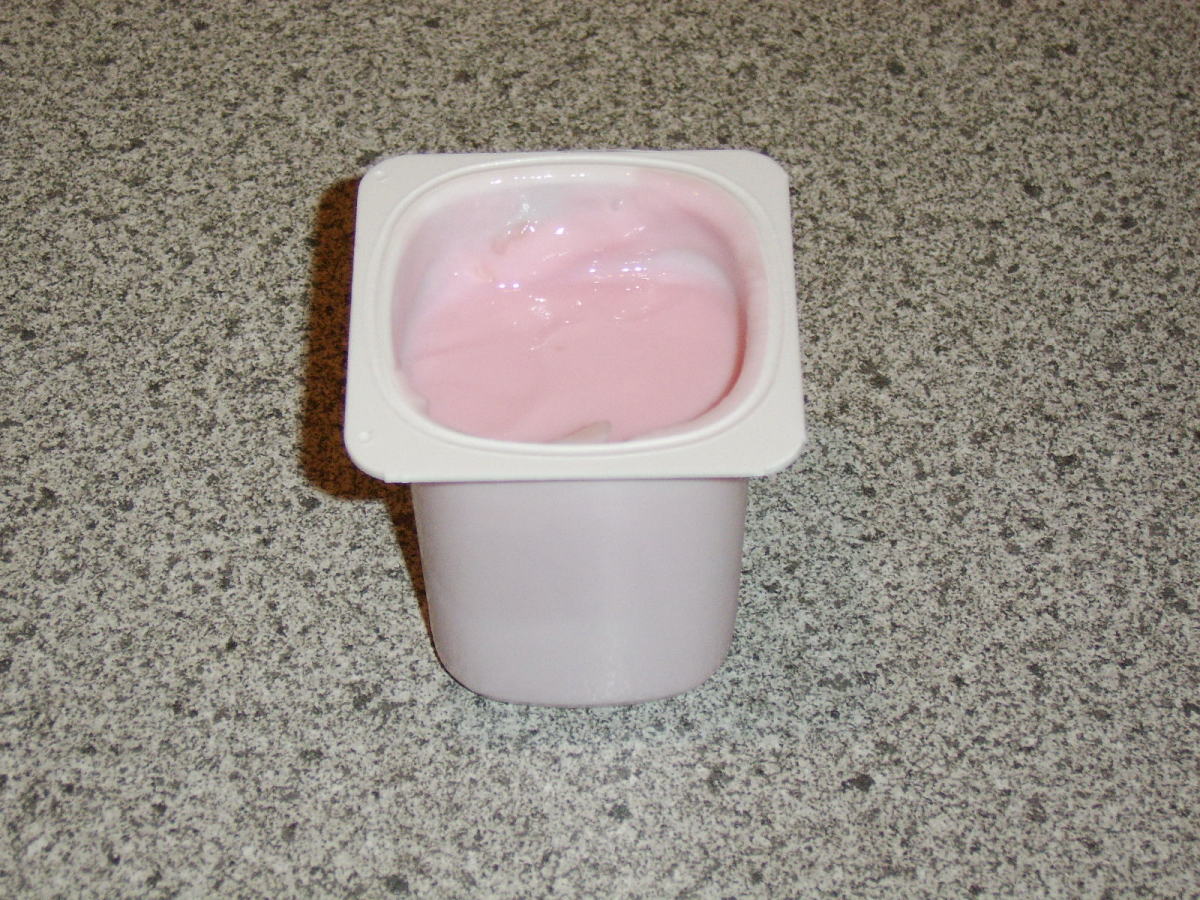What Are Thermogenic Enhancing Agents?
About the Author
Abby Campbell, BSc, SFN, SSN, CPT, is a leading professional fitness and nutrition expert, researcher, and published author of One Size Does NOT Fit All Diet Plan, one of Amazon's Top Gluten-Free and Weight Loss Diets. (You may read more about Abby at the bottom of this article.)
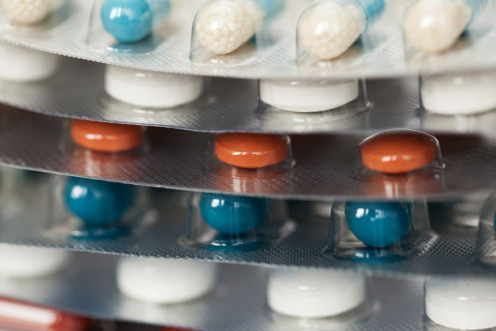
Fat Burners for Weight Loss
Anyone that has a little body fat has probably thought about joining a gym, trying a weight loss diet, or popping a few magical pills. Most workout and diet plans take the body time to lose weight, and turning to quick fixes is a temptation. Thermogenic enhancing aids, otherwise known as fat burners, are a popular method of burning body fat quickly. Sales always jump in spring as beach season is around the corner, and no one wants to dread putting on that bikini or bathing suit.
Thermogenesis is the production of heat within the body to keep it functioning as efficiently and stable as possible. The body can produce heat in two ways to keep temperature stable. First, it can produce heat by shivering which creates friction in the body to cause warmth. This is why some people will carry a little extra body fat in colder climate areas as the heat will burn the fat quickly. Secondly, heat can be produced through a variety of chemical reactions in the fat cells for warmth:
- Exercise-induced thermogenesis - a chemical reaction may occur with exercise or movement. This is why sweat occurs during workout or laborious movements. Chemical reactions within the muscles have created heat and therefore sweat to try to cool the body down. When more heat escapes, more body fat is burned; this is why exercise is good for weight loss.
- Dietary-induced thermogenesis - a chemical reaction may occur with diet or dietary supplementation. Digestion, absorption, and assimilation from foods eaten also create heat within the body. Some foods create more heat than others. For instance, protein is two to three times more thermogenic than carbohydrates and dietary fats. Natural foods are nearly 50 percent more thermogenic than pre-packaged and processed foods. The rate of body fat will be burned differently by different food intake. Certain dietary supplementation will also cause a chemical reaction within the body, and thermogenic enhancing agents are known for this. This is why they are also called fat burners.
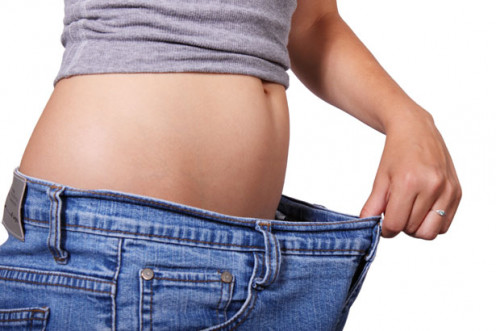
Advantages of fat burners:
- possible accelerated fat loss
- enhanced appetite control
- extra energy
- psychological well-being
Disadvantages of fat burners:
- diminished pocketbook as fat burners are expensive
- adherence issues to healthy dieting and exercise
- physiological and psychological dependency
- adaptation issues / weight loss plateau
- decreased thyroid function and metabolic decline
- false energy
- elevated blood pressure
- heart palpitations
- hyperactivity / jitters / not able to focus
- restlessness / insomnia
- headache / migraines
- upset stomach / vomiting
- psychiatric symptoms
Have you ever tried a fat burner?
If you've tried a fat burner, what did you use?
The Advantages and Disadvantages of Fat Burners
Non-shivering thermogenesis (i.e., exercise and diet-induced) is regulated mainly by the thyroid hormone and sympathetic nervous system. They may be activated by other natural hormones within the body to stimulate thermogenesis. Norepinephrine, leptin, and insulin are some of these other hormones.
Thermogenic enhancing agents, or fat burners, have mainly been used in the bodybuilding and athletic community to reduce the last bit of body fat before competition. However, its effectiveness has spread to the mainstream population. Use within the overweight and obese community has potential as thermogenesis is stimulated and can possibly increase fat oxidation.
Thermogenic enhancing agents are commonly made up of several ingredients, some of which are natural and others potentially dangerous to health. There has been much controversy with certain fat burning products due to health issues and fatalities reported. Most of the controversy revolves around synthetic and stimulating fat burners containing ingredients such as ephedra, bitter orange, and 1 3-dimethylamylamine. Some of these ingredients have been banned by the United States Food and Drug Administration (FDA); however, some are still on the market or being held in review. Even with all the disadvantages of fat burners, they also have advantages. However, disadvantages outweigh the advantages.
If you look over the list to your right, you will notice numerous potential side effects. With anything controversial and dealing with your health, please check with your physician before consuming (especially if you are on medication).
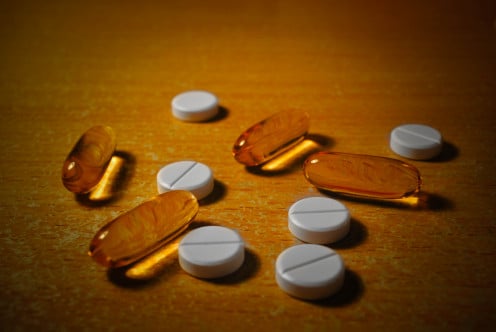
5 Natural Fat Burners That May Enhance Weight Loss Without Side Effects
As an alternative to fat burning stimulants, natural fat burners may provide you with the fat loss you're looking for without the potential side effects. Sometimes, your body just may be deficient in a certain nutrient (i.e., vitamin, mineral, amino acid, etc.). By supplementing with that nutrient, your body may begin to let go of the unwanted body fat. Please note that nothing can take the place of a nutritious diet and exercise. (Even with stimulating fat burners, diet and exercise would still be necessary.) Below is a list of five natural fat burners that you may want to consider.
(1) Green Tea for Weight Loss
Green tea and green tea extract can be used to stimulate the metabolism during your weight loss phase. Make sure your green tea is high in epigallocatechin gallate (ECGC), which is the most active component or antioxidant.
Dosage: 400 mg. 1-2 times per day
(2) Green Coffee Bean Extract for Weight Loss
Green coffee bean extract promotes normal glucose management and supports pancreatic health, blood flow, and vascular function. Make sure your green coffee bean extract has a minimum of chlorogenic acids which is a powerful antioxidant that releases glucose into the bloodstream after a meal.
Dosage: 400 mg. 1-2 times daily, preferably 30 minutes prior to a meal
(3) CLA for Weight Loss
Conjugated Linoleic Acid (CLA) stimulates the metabolism, kills fat cells, and down-regulates leptin during weight loss phases. Foods high in CLA include beef, chicken, turkey, wild game, egg yolks, cottage cheese, Greek yogurt, cheese, milk, and mushrooms.
Dosage: 2.4 grams 1-2 times per day, preferably 1 hour before meals
(4) L-Carnitine for Weight Loss
L-carnitine, a non-essential amino acid, transports fatty acids for cellular energy production. Foods highest in L-carnitine include beef and pork. Other foods containing a decent amount of the amino acid include chicken and fish, as well as dairy products such as milk and cheese. Some other natural foods do include CLA but in small amounts. These include asparagus, avocados, and peanut butter.
Dosage: 1-3 grams daily, with or without meals
(5) Chromium for Weight Loss
Chromium, an essential trace mineral, works with insulin supporting healthy blood glucose levels. It also is important for the proper utilization of all the macronutrients (i.e., protein, carbohydrates, and fats). Some foods containing chromium include oysters, onions, tomatoes, whole grains, and potatoes.
Dosage: 500 mcg. daily, preferably with meals.
Did your fat burner work for you?
If you've tried a fat burner, how much weight did it help you lose?
Conclusion
For best health and continuous weight loss without rebounds, opt for the natural fat burning foods or supplements. This will help you avoid weight loss plateaus as well as success towards maximum fat loss in the quickest amount of time possible (along with a healthy balanced diet and exercise).
Also, remember to check with your physician about any supplementation prior to use, especially if you are on medication. Even if you are healthy and possibly stubborn about getting approval from your physician, never try all the recommended supplements together just because they are natural. It's always best to try one at a time to see if it is working for you.

Tell Us What You Think
You're reading "What are Thermogenic Enhancing Agents?" by Abby Campbell. Please leave a comment and tell us what you think below. Then share the article with your family and friends. You may even share on Facebook, Twitter, or Pinterest (buttons to your right).


About the author
Abby Campbell, BSc, SFN, SSN, CPT, is a leading professional fitness and nutrition expert, researcher, and published author. For the past 10 years, she has coached thousands of women locally and online to lose body fat and lead healthy lifestyles. Her clients have lost thousands of pounds, reclaimed health, and call her “Coach No Gimmick.” She is from Northern Virginia but now resides near Charlotte, North Carolina. Abby has been married for 20 years and has three grown daughters, one of which is autistic. She is a 19 year cancer survivor.
Get Abby's Book Today!

Enjoy more of Abby's hubs!
- How to Keep a High Metabolism
Keeping a high metabolism is important to health and reaching weight loss goals. Learn how to avoid the dreaded weight loss plateau with the right weight loss plans. - How to Lose Weight in Only a Week
Losing weight in a week is possible with a good plan. A stage athlete's 1 week pre-contest nutrition plan is crucial. A planned bodybuilder or figure contest diet can make the winning difference.





